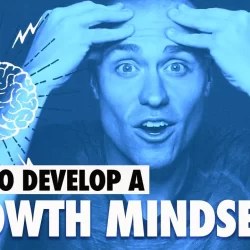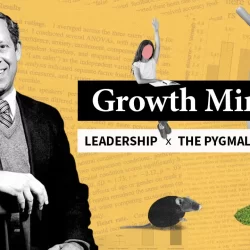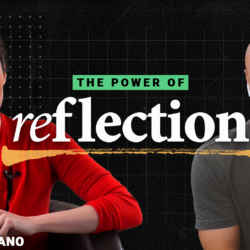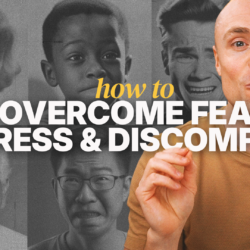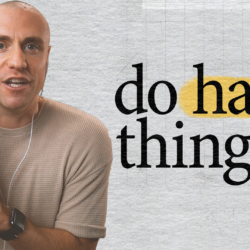The Science of Decisions
Understanding some principles of behavioral economics can help us make better decisions in the short run in order to achieve our long term goals. This can help us take and sustain action on any learning pursuit.
Key Points
Behavioral economics
Behavioral economics uses psychological insights to sharpen economic principles. The field studies the difference between how we think people make decisions and how people actually make decisions.
We are predictably irrational
We think that we’re always rational decision makers but the truth is many times we make irrational decisions (especially in the short term). Understanding and accepting this is can help us work with our nature, rather than against it.
Nudges – Designing our environment
Small adjustments in our environment can help us do the things we want to do and stop doing the things that we don’t want to do. The best nudges are small, visible, and social.
Friction
Humans are wired to do easy things, not hard things. We can use friction to adjust a behavior. Make the action you want to take easy and the action you want to remove more difficult.
The Ikea Effect
When we spend a lot of time and energy on a project we tend to overvalue it. The danger here is if we’re too married to our ideas – we’re less open to feedback or an alternative approach.
Using the Ikea Effect
When we provide opportunities for our people to put in work, they will be more invested in the project – especially when the work is meaningful.
Quick Links
Predictably Irrational by Dan Ariely
Payoff by Dan Ariely
Alex’s Behavioral Econ Videos

